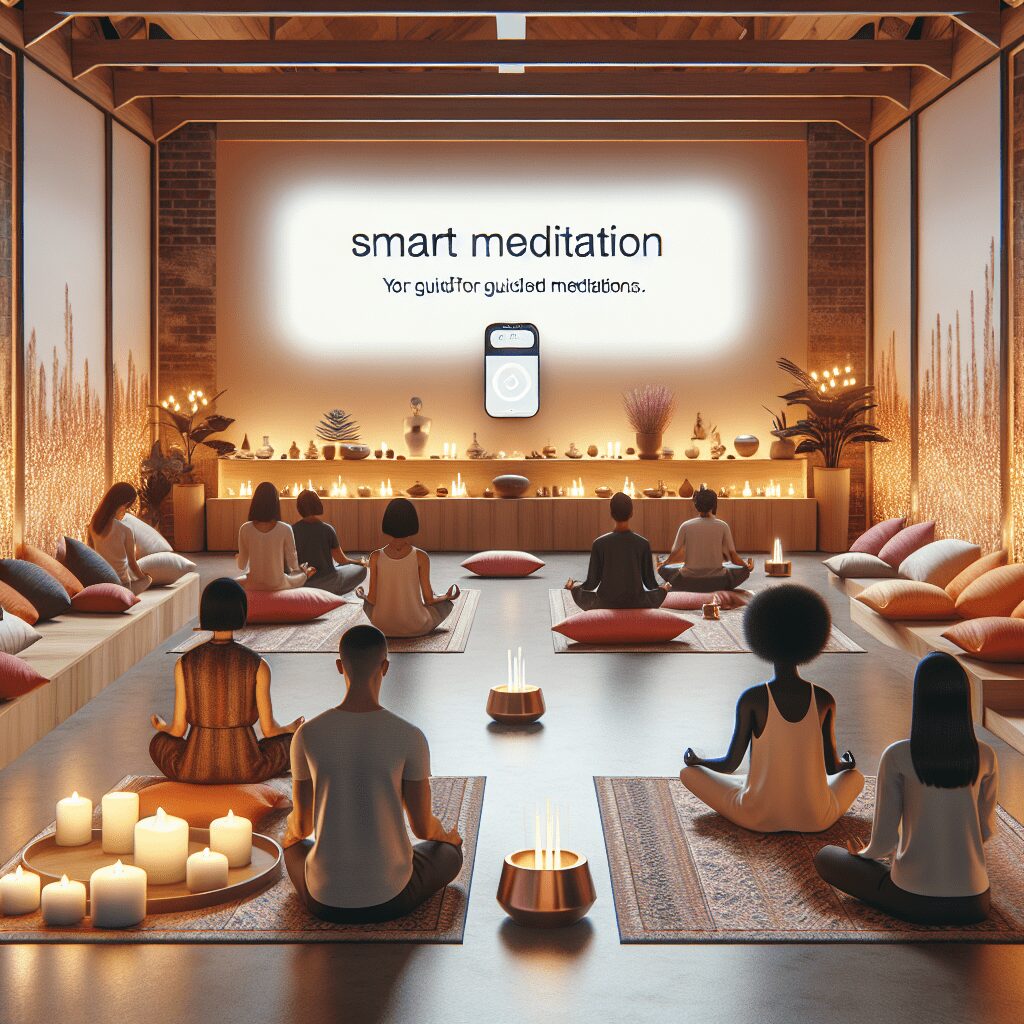
Prioritize your mental well-being daily. Enhance your life by nurturing your mental health with the Smart Meditation app. Break free from stress, alleviate anxiety, and enhance your sleep quality starting today.
Do Antidepressants Make You More Depressed?
Unraveling the Paradox: Can Antidepressants Make You More Depressed?
In the ever-evolving discourse on mental health, there’s a question that seems to defy logic yet crops up with unsettling frequency: Do antidepressants, those heralded saviors against the onslaught of depression, ever pull a Jekyll and Hyde, leaving the patient more depressed? It sounds counterintuitive, right? After all, antidepressants are tailored to be the cavalry, not the Trojan horse, in the battle against depression. Yet, the waters around this question are murkier than one might expect.
The Double-Edged Sword of Antidepressants
First off, it’s crucial to set the stage with a bit of a disclaimer – antidepressants are a godsend for many. They’ve hauled countless individuals out of the depths of depression, enabling them to lead fulfilling lives. But, as with anything worth its salt, it’s not all sunshine and rainbows. The journey on antidepressants can sometimes feel like navigating a labyrinth, complete with its set of twists and turns.
The Initial Worsening: A Paradoxical Effect?
When someone first starts taking antidepressants, they might feel like they’ve hit a speed bump. Some folks report feeling more anxious, restless, or even more depressed during the initial weeks. It’s a bit of a cruel irony, akin to feeling seasick as you set sail towards calmer waters. Health professionals hypothesize that this initial worsening is due to the time it takes for antidepressants to adjust the brain’s chemical imbalance. In essence, your brain’s neurochemistry is getting a makeover, and like any major renovation project, it can get worse before it gets better.
The Role of Dosage and Time
Dosing plays a critical role too. Finding the right antidepressant isn’t a one-size-fits-all deal; it’s more of a tailor-made suit. Too little, and you’re skating on thin ice; too much, and you might overshoot into adverse effects territory. Furthermore, these medications often take their sweet time to show benefits, usually several weeks, during which symptoms can temporarily intensify.
Navigating the Complex Terrain of Antidepressants
So, how does one tread this complex terrain? Here are a few navigational aids:
-
Patience is Key: Understanding that antidepressants take time to work is crucial. It’s a waiting game where patience truly is a virtue.
-
Open Communication: Keep the lines with your healthcare provider open. Experiencing a twist in your emotional fabric? Ring them up. It’s essential to monitor your progress and adjust course as necessary.
-
Tailoring the Approach: Sometimes, the first pick isn’t the right fit. There’s an array of antidepressants out there, and finding “the one” might take a bit of experimentation.
-
A Holistic View: Remember, antidepressants are often most effective when part of a broader therapeutic approach, including therapy, lifestyle changes, and support networks.
At the end of the day, it’s crucial to recognize that the journey with antidepressants can be as individual as the person taking them. A nuanced understanding of how these medications work, their potential side effects, and the importance of a tailored approach can demystify the question of whether antidepressants can make you more depressed.
In the grand scheme of things, antidepressants are a tool, not a magic pill. They carry the potential for profound benefits but require careful management, patience, and adjustment to align with the individual’s unique neurochemical tapestry. So, while the path may occasionally feel bumpy, with the right guidance, it can lead to a place of better mental health and well-being.




